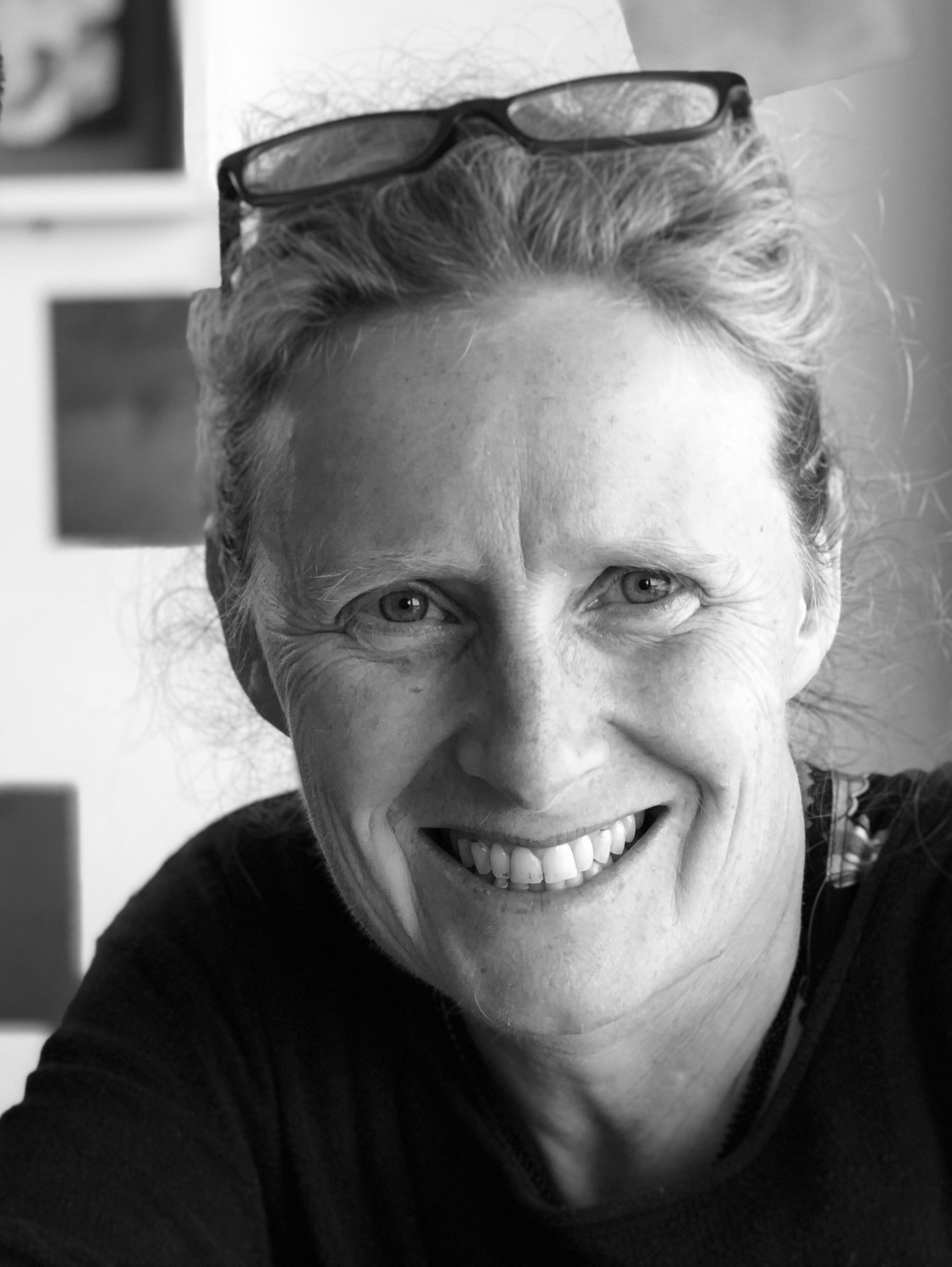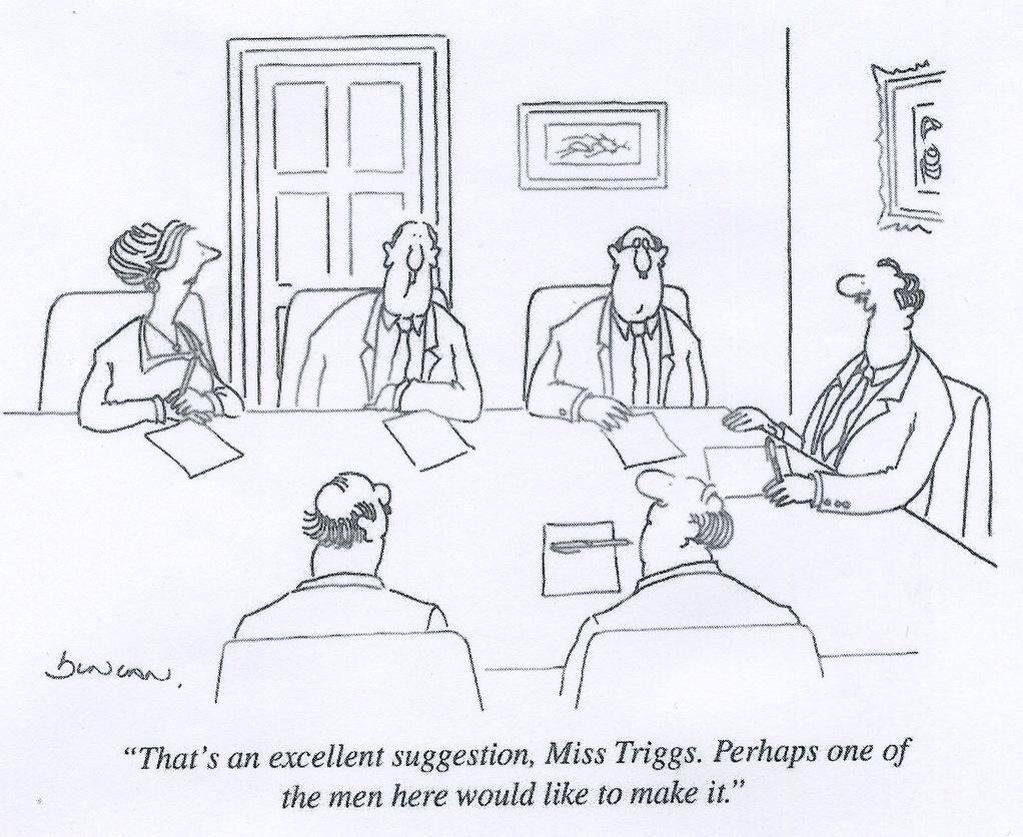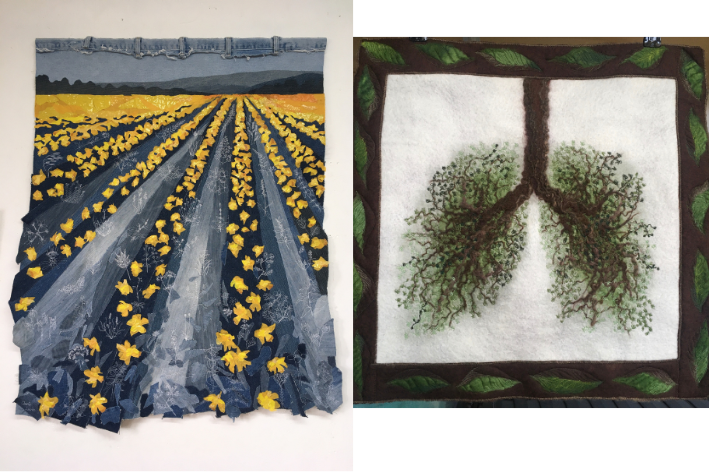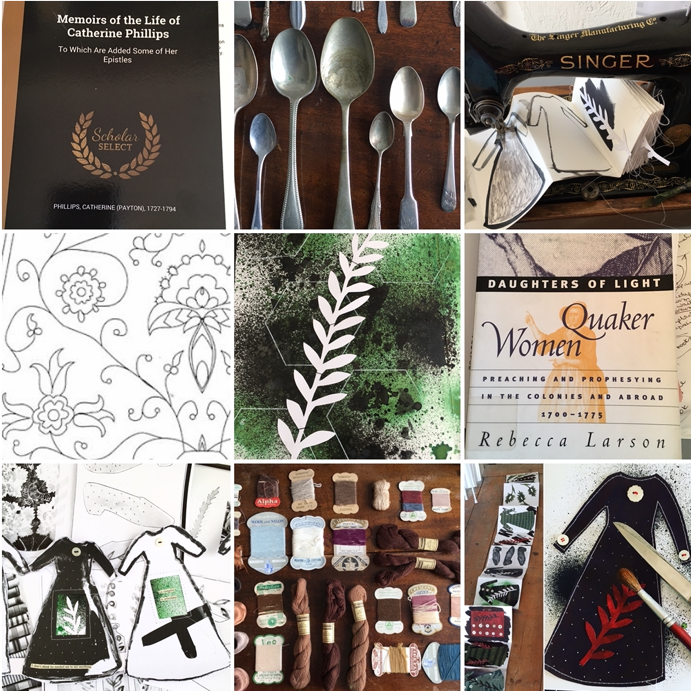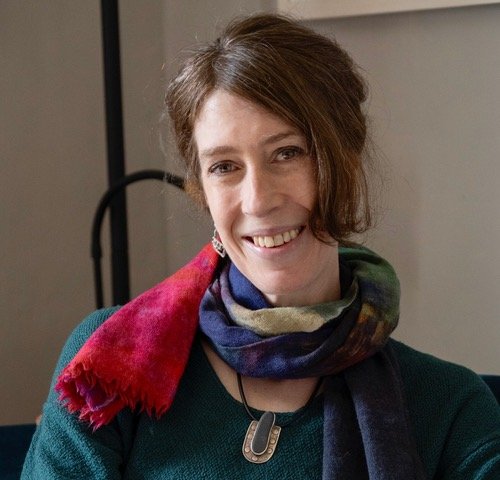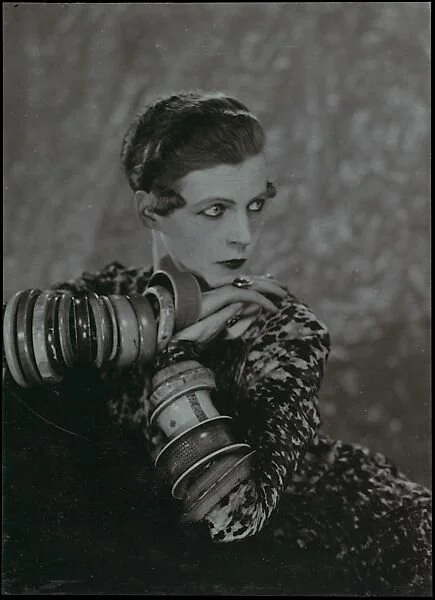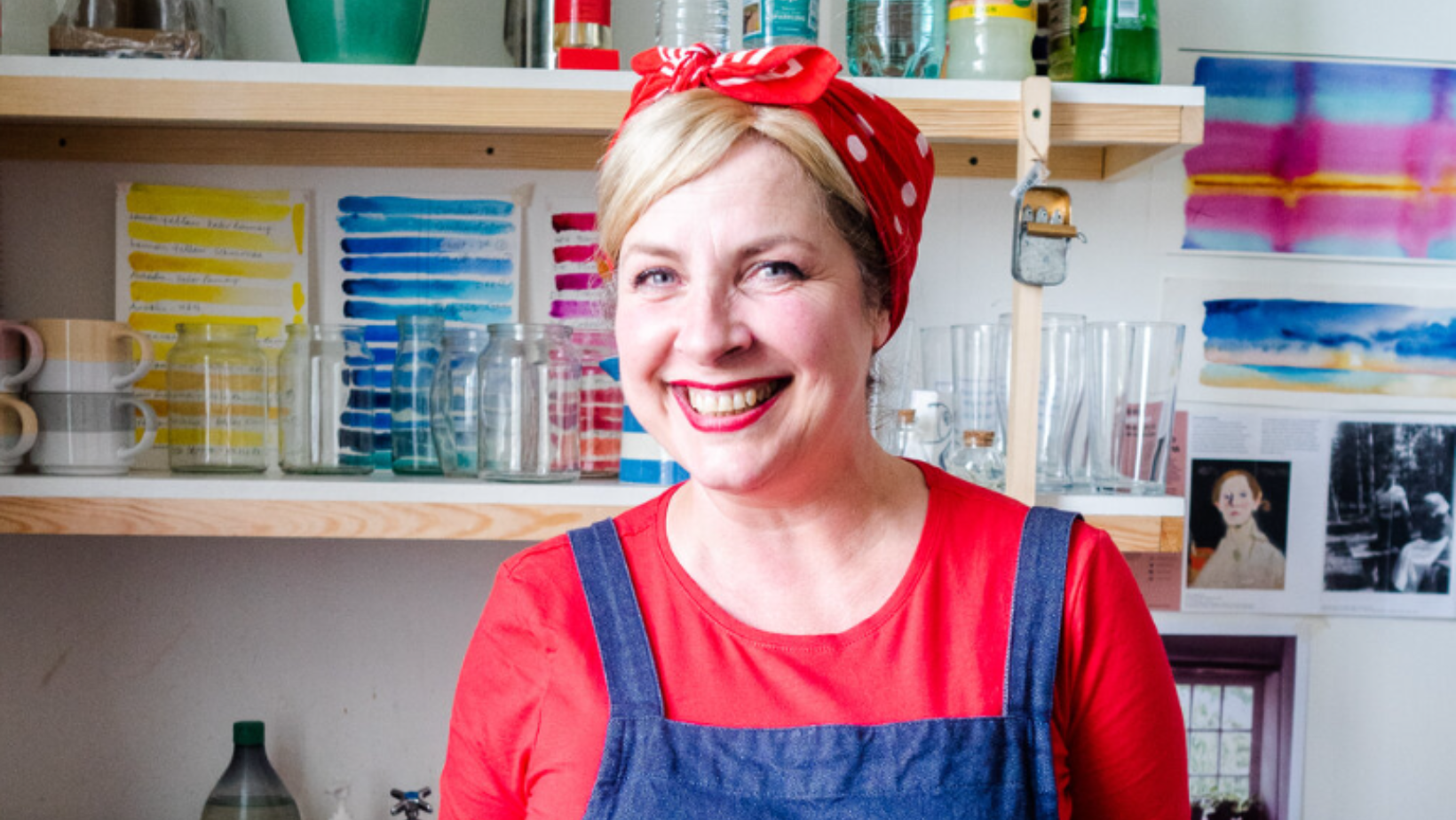This month we are celebrating not one but two wonderful women! Congratulations to Amanda Harris and Annamaria Murphy, founders of The Writer’s Block, our Women of the Month for June.
Amanda Harris retired from The Writers’ Block in November, having worked in the arts in Cornwall for over 35 years. She was administrator for Kneehigh Theatre for 12 years followed by brief jobs with Radio Cornwall and ACT, the becoming Director of Kernow Education Arts Partnership (KEAP) which is where she met AnnaMaria in the early 90s.
After years running arts and creative projects in schools across the artforms, they decided to focus on creative writing, literature and storytelling. And so was born The Story Republic, which developed into a performance team with its own distinctive style and voice as a unique training ensemble for emerging performers.
The Writers' Block swiftly followed which began as an imaginative installation at Cornwall College created by artists to unleash the imagination and story in children and young people. It too has grown as adults and the wider community have also joined in with workshops and events. The reach is now much broader and The Writers' Block now proudly wears the title of The Writing Centre for Cornwall.
Amanda is a Bard of the Gorsedh and volunteers with the Qfund, Young & Talented Cornwall and Chat Play Read, a literacy project for the under 5s. Since retiring she has created a blog (www.departingfromredruthstation.com) to dive into her greatest joys of reading, writing, walking and travelling by train. She is working on her second novel. The first, Behind the Lines was published by Scryfa in 2018.
Annamaria Murphy is a published writer and was a long-term member of Kneehigh latterly as a writer including Red Shoes and Tristan and Yseult. Anna has written for C-scape Dance, Theatre Alibi, Rogue and A Very Old Man With Enormous Wings for Little Angel Theatre.
Anna co-ran the Story Republic and Writing Squad Kernow and was lead artist of Kneehigh’s Rambles walking the road less travelled gathering stories new and old. She has just retired for being artistic director of The Writer’s Block.
Radio 4 plays include: Rosie's Beauty, Nine Lives, Scummow, The Ballad of Pickard Boots, plus three short stories and most recently, Curious Under the Stars and The Severn Serpent.
We interviewed both Amanda and Annamaria together, and here’s what they had to share.
1. What do you consider your greatest achievement?
Annamaria:
The Writers’ Block (and the Story Republic) because I think we created something really unique and imaginative, with a whole team, and also have provided a lot of employment for artists and writers and workshop leaders. I'm really proud of how we trained our attendees and they've now gone off into all sorts of areas.
Amanda:
I'd agree. I absolutely I think it's brilliant what we've done – but also its impacting part of the cultural sector, the Cornish cultural sector. It has quite a distinctive style.
The number of performers and writers who've come, maybe with less confidence and we see them disappear into the distance or they’ve come back in and become key members of the team. It’s a wonderful thing and I don't think there's many organisations like us – and this is nationally – where you are a writing organisation but who also have a performance team linked to it. I think it's quite unique from the discussions I've had with other groups.
Annamaria:
It’s not by design, but our main team is female led, but that isn't a decision we've made consciously. [So why do you think it's been female led?] I think because The Writer's Block is about enabling and I think (and this is a big generalisation) that women tend to be enablers and encouragers.
Amanda:
I think you're right. The other thing I'm really proud of as well is that I've sustained a career all the way through and brought up a family and I feel really chuffed – you know, I'm still here. And, I've enjoyed it all. There's been a lot of joy. It hasn't always been easy of course.
2. What motivates you to do what you do?
Amanda:
I do like to feel useful. One of the motivations for The Writers’ Block was that the chair of the board at the time said that literacy levels were really low in Cornwall, despite our schools being lovely, with really motivated teachers. There was something missing. So we thought, what could we do that could support literacy? We can't teach grammar, teachers are trained to do that. But we can teach and engage young people's imagination and I'm absolutely firm in the belief that if you have a story to tell, you will want to tell it best of your ability. And so our whole thing was about getting the story. And then children could go back to school and tailor it and make it beautiful.
So that usefulness – but within our skill set you know – is what motivated me.
And the other thing – and I’m going to say this – was the opportunity to work with Amanda.
Annamaria:
My motivation is, as a writer, the ordinary extraordinary and other people's stories. Unearthing stories. We did a project in Penzance called the Shop of Stories: you came in and there was counter with jars of words and objects that have stories, with storytellers, writers and artists, it became this extraordinary space. And then we did another one called the Bank of Stories. Amanda and I have developed this style - over 40 years - and we would have a lot of other artists input. We've worked with lots of artists to create our spaces.
Amanda:
We met working for Kneehigh theatre. So there's always been a theatrical element in there. It's just in the DNA of it really. That sense of wonderment. That sense of going on a journey where you don’t know the outcome …
Annamaria:
A lot of people assume that lot of Cornish children have access to the beach and the woods, but actually that's not true. There's a high degree of not being able to afford to go to the beach or the woods; there's a perception that it’s on your doorstep and it’s free. So it’s giving children something to write about. There are so many things to find in the imagination. So that is really important.
3. What do you owe your mother?
Annamaria:
I owe my mother humour, but also shielding me and my brother from hardship and poverty that we were in but we probably didn't know. She was a single mother and she shielded us which was extraordinary really. It was only in later life that I understood the hardship she faced.
Amanda:
One is outdoor-ness. We were lucky enough to have some land but she talked about guardianship rather than the ownership, and I thought that was really good. She felt a responsibility for the land.
The other thing is she had this huge stock of quotes that she quoted at us constantly. She confessed she must have been a naughty child, as they were a result of punishments; she had to go and learn bits of poetry by heart. Only in later life I realised where they'd come from, by which time they were in my head because I’d heard them so often. She gave me the love of language. I did think for a long time that she had made them up herself …
4. So, which women inspire you and why?
Amanda:
When I moved to Cornwall and then got the job at Kneehigh Theatre, I really knew nothing about that world. But the people in that company, for me, were quite extraordinary; I didn't know about that world of living in the imagination and theatre - it wasn’t a nine to five, it was a whole way of living.
There were two women in that company; Sue Hill and Annamaria. Sue is an extraordinary artist, a full force of nature. No compromise, and all about the art. The other was Anna with her extraordinary creativity and very individual way of thinking. I was sometimes lost in an innocence of not knowing; she was always kind.
There’s another two women that I’ve encountered through my work; Jo Davies and Mari Eggins. Jo Davies is CEO of Wild Young Parents Project. Jo fights for young mothers, at all levels! And the most amazing Mari Eggins who runs Carefree Cornwall. It started as a tiny little organisation in Camborne and is now countywide. They create networks and support for young people in care so that when they leave care they have a peer group, and they have confidence. Those two women have made a huge difference in their communities and they are selfless as well.
Mo Mowlam; what a great woman, what a loss. She was instrumental in the Good Friday Agreement. She had this ability in politics to bring groups of people together and find that compromise that you have to find, but she was special.
Annamaria:
Amanda is the most amazing strategic thinker. I might put a bit of fairy dust on the projects, but Amanda actually conceived a lot of the projects and I probably get the praise for it. She is also is one of the cleverest people I know, speaks several languages, is incredibly well read, and is rather a good writer.
Amanda has this gift of knowing what's needed to work with that group. That's so important because you can have a million brilliant ideas for writing projects, but unless they've got a heart and a group of people that you know is going to be brilliant for them – then it’s just another arts project. You need strategic thinkers in the arts, and it’s what Amanda is brilliant at.
Mary Kelynack of Newlyn - I did a whole project based on her called the Rambles project. I love the fact she had no idea about going to London, where it was, but decided she was going to go (on foot) to the Great Exhibition, meet Queen Victoria and claim a pension she was entitled to. Wow, what a woman.
There’s Maya Angelou and Margaret Atwood. Margaret doesn’t give a shit as she's got older. She's an activist, writer, and a prophet, I think. She’s extraordinary and she’s still writing.
5. What are you reading?
Annamaria:
Old God’s Time by Sebastian Barry, who is one of my favourite writers. He writes in this amazingly rich, extraordinary way. One of his famous books is called The Secret Scripture- he often writes about how religion has stifled a whole generation. I must have other books lined up or I will go into a panic. The next one I've got to read is called Demon Copperhead by Barbara Kingsolver.
Amanda:
I've just finished The Balkan Trilogy by Olivia Manning. There was a BBC about it back in the 90s. It's set in two places, the trilogy goes from Bucharest to Athens. It’s absolutely gripping. The theme is displacement; and it just fits with today. In all this chaos the main characters are trying to work out who they are.
I have read this absolutely extraordinary book by Andrew Lanyon, Rabelais And Cervantes On The Road To Cornwall. He's imagining that Rabelais and Cervantes, both young men before they wrote their famous works. One is Spanish, one's French, and they're actually from different times, but they meet in a carriage on their way to Cornwall. He is an absolute original thinker. Much of the book is about what makes a good story and his thoughts on that.
6. So what gender barriers have you had to hurdle?
Annamaria:
It's an interesting question because I feel I haven't yet had any. When I think back on my life and career I think that, particularly in the capacity of the Writers’ Block, we haven't taken up as much space as we should have both physically and metaphorically. Too busy getting on with the work, enabling others and we're not shouting “we’re here”. We get overlooked. Men seem to have the confidence to do that more. So it's about taking up space.
Amanda:
I can honestly say I'm very lucky to have been alive in a time of feminism and strong women. I can remember walking the streets of London thinking no one's going to stop me doing this. I believe I might have limited myself and that may come partly from my education; these days it’s “you can do anything’ - I don't ever remember this.
Annamaria:
In my secondary school, our choices as a career were airhostess, teacher or nurse. Our first lesson in domestic science was to iron a man's shirt. I was born in 1957 to iron a man’s shirt. Never got over it. That wouldn't happen now. Making instant coffee was the second lesson. Victoria sponge in five different methods.
7. How do you make a better place for women?
Annamaria:
Policies for women made by women, and feeling safe.
When you have the fear of a man like Trump getting into power in one of the world's biggest democracies – a known misogynist and sexual assault as president – and a group of white men reversing Roe vs. Wade, this all has a disturbing psychological factor. It’s deeply worrying – it pervades the psyche.
I just went to see Emma Rice in her powerful show, Blue Beard. She’s subverted that text – she’s turned it on its head and there's a startling pitch at the end. Her art is joyful and theatrical and then there's this rage that comes up through it; that women don't feel safe on the street, and violence against women have gone up in this decade.
So it has to be policies. For women, made by women and for us to feel safe as we go about our business.
Amanda:
I feel so privileged. What I can't bear this is wasting of female talent and female input. There are parts of the world where females just don’t get a chance. And I find that heartbreaking.
We need a world that acknowledges the needs of children without sacrificing women. This notion, this perception, that actually rearing children is all women are good for still exists in so many places. Condemned to a life of domestic service. If that is the way society is run then there are never going to be role models. There never is any somebody for girls to look up to and say, gosh, I want to be like her.
Malala Yousafzai has done extraordinary things around the world; a brave, young girl. She globally changed attitudes. We need more of her in a way. And I do think the young generation are not going to put up with it, they're brave.
Annamaria:
When we’ve done storytelling projects it’s been really hard to find women’s stories because stories were written by men. What is good is that museums are aware of that now. As writers you have tiny facts about a woman, then it's your job to imagine her life. I was just talking to Claire Ingleheart about that - she did a project called Women in Song and she didn't have any songs about Cornish women. So her and I and other writers have written a series of songs about Cornish women, but we had to build and imagine the facts. But as you know, museums are so important actually to tell those stories. That’s what we can contribute. I love what you're doing here [at The Hypatia Trust], I think that's what we need. More HerStories. creating HerStories.
8. Describe your perfect day?
Amanda:
Well, it would be in Cornwall on a sunny day. It doesn't have to be hot, but I would like the sun out. I would have breakfast in the garden, just listening to the birds - I love that moment. And then a walk on the cliffs. And I'd have sandwiches on the coast. (Have you ever noticed how much better sandwiches taste when you're outdoors? Just a boring cheese sandwich, amazingly elevated). And a great film in the evening, or theatre.
Annamaria:
Mine would be in a city, or even a different town. In a cafe with Espresso and my writing notebook. I'm never happier than sat in cafe just streaming thoughts. I never write about myself - just writing, drawing.
Amanda has started a lovely blog writing about her journeys, travelling from Redruth. Something like that is like my dream because I just write. I hear a conversation and do little stupid drawings and in my notebooks and sticking things in - that's when I'm in my element. Obviously being with friends and family means the world to me but if I was just doing something for myself this would be perfect.
9. We've noticed there really aren't many (if any) statues of women around Cornwall - who would you like to see remembered?
Amanda:
I do believe in statues not being up forever. I really do. When Edward Colston came down it was about time, he should’ve been taken down sooner. I love the fourth plinth for example; it allows for innovation, quirkiness. You can move on; have a laugh one time, and cry the next.
I would choose a woman called Hazel Barrowman, who died sadly about 25 years ago. She was an art curator at a Royal Cornwall Museum. She was she was quite learned – she wrote books crysede fabric too. She did this great exhibition which the Town Council insisted on being taken down because it had full frontal male nude. She was almost single handedly responsible for the beginning of community lantern parades in Cornwall, she commissioned people to create these lanterns. And that started the City of Lights thing, and there are now London parades.
Sadly, she got meningitis and died way too young. It feels like she should still be here, and celebrated now as an elder and a grandee. Someone we should be celebrating.
Annamaria:
There's a lady called Sheila Vanloo. She lives in St Austell and she is a brilliant community activist, always volunteers. If you need an audience, she's there. She's a huge supporter of all artists and art forms. And she's just the most marvellous Cornish woman who's the most humble. She now runs the St Austell Arts Theatree.org.uk. She's just got voracious energy.
10. Give us a tip?
Annamaria:
One thing: always carry a notebook. Because you never know what you might hear, or see.
Amanda:
When I retired people said very kind things and Keith Sparrow drew a lovely cartoon of me juggling on a unicycle and it just said at the bottom: EVER ON. Apparently I say it a lot. It’s just a word for “keep going”. The Writer's Block wouldn't have existed if we’d lost our funding, and the question was; What should we do next? And it's like: EVER ON. Especially to the new team in charge!


















